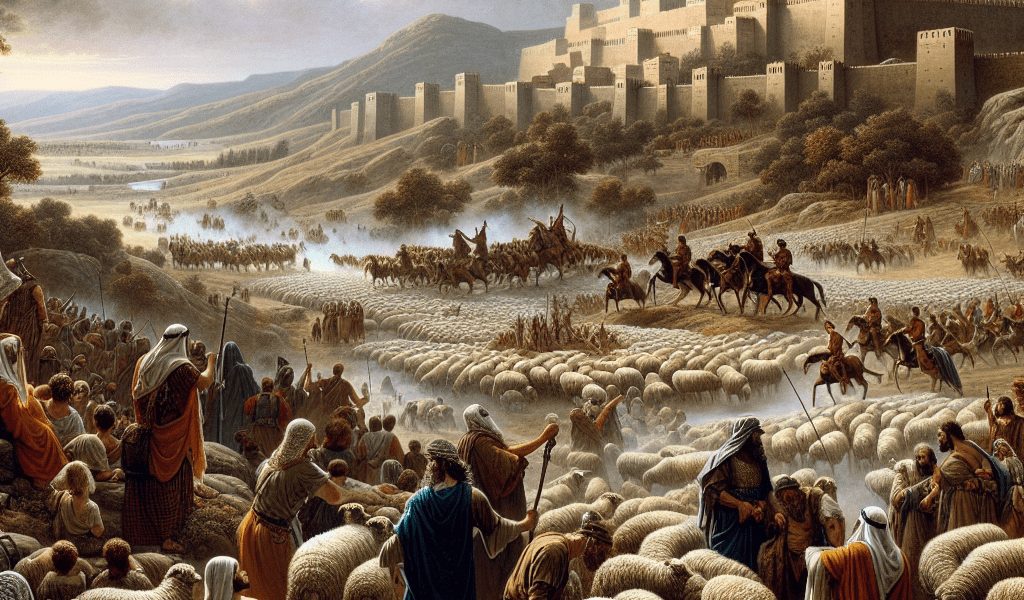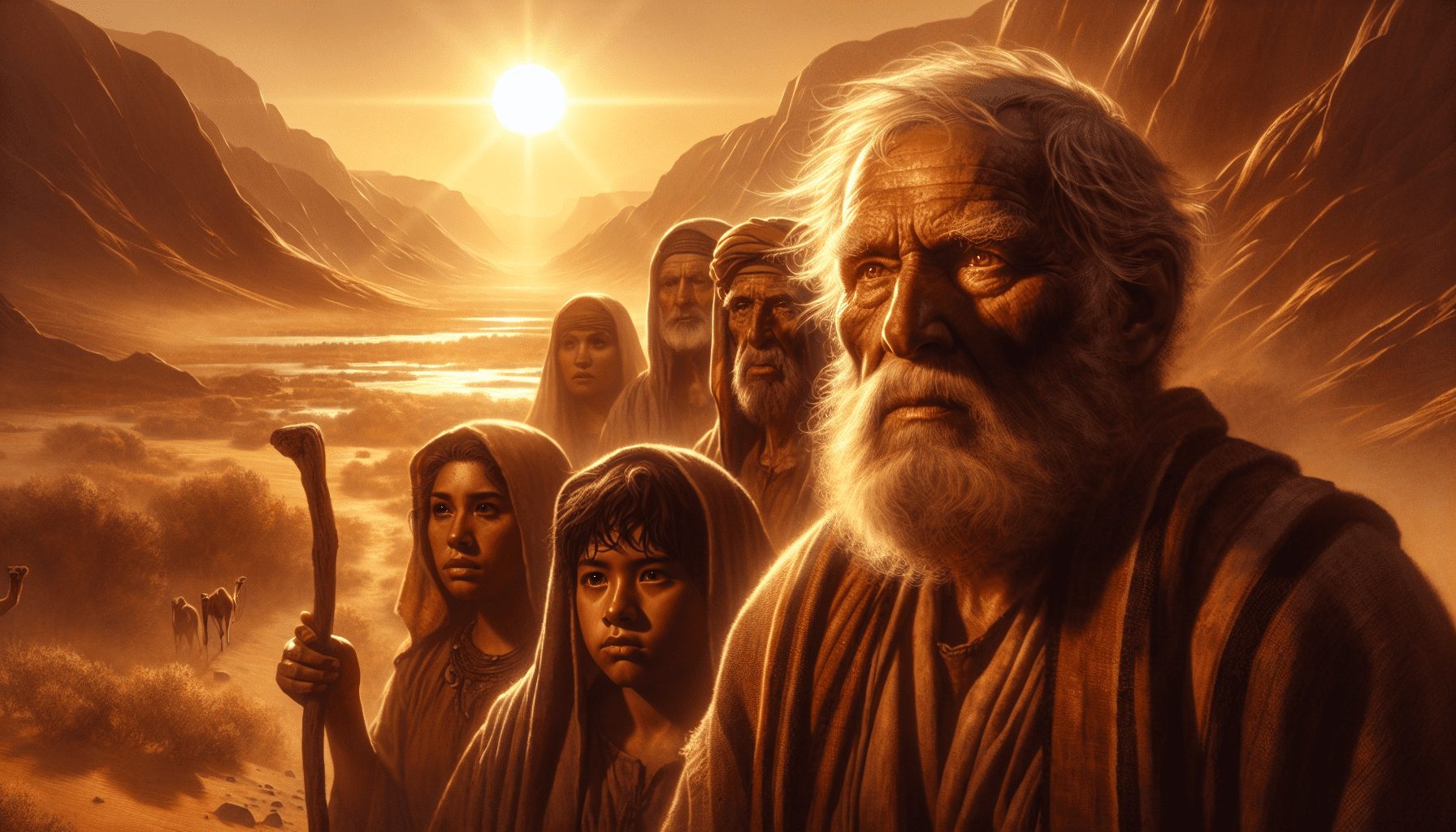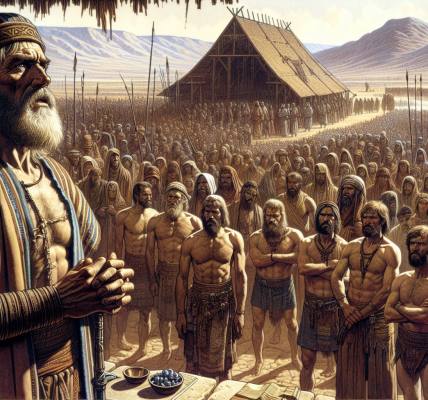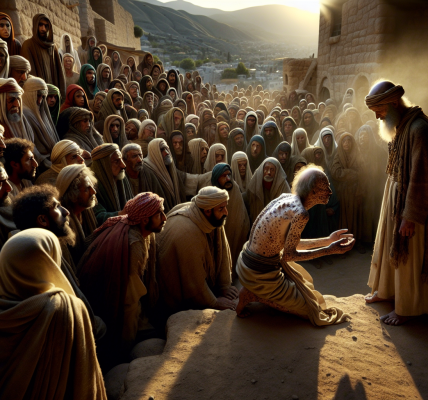In the ancient city of Ramah, the revered prophet Samuel passed. His death caused a great sorrow among the Israelites who gathered to mourn him, burying him at his house in Ramah. As they grieved, David, the future king of Israel, journeyed to the wilderness of Paran.
In the land of Maon lived a man of abundant wealth named Nabal. His possessions extended to the fields of Carmel, including three thousand sheep and a thousand goats. Nabal was shearing his sheep in Carmel at the time. He was from the house of Caleb, a harsh and wicked man. His wife, Abigail, however, was a woman of good understanding and stunning beauty.
Word reached David in the wilderness that Nabal, the wealthy sheep breeder, was shearing his sheep. So, he dispatched ten of his men to Carmel with a message to Nabal. The message was simple: extend good wishes from David to Nabal, his household, and all he had. David reminded Nabal of how his men had protected Nabal’s shepherds during their stay in Carmel and asked for any gifts Nabal was willing to give.
David’s messengers delivered his message faithfully to Nabal. In response, Nabal disrespected David, questioning who he was and accusing him of rebellion. He refused to share any of his wealth with David’s men. The disheartened men returned to David and relayed Nabal’s words.
Infuriated, David ordered his men to arm themselves. 400 of his men prepared to confront Nabal, while 200 stayed back with their supplies.
One of Nabal’s servants revealed to Abigail, Nabal’s wife, the disrespectful treatment David’s ambassadors had received from Nabal. He pointed out the protection they had received from David’s men in the fields and urged her to act as danger was looming over Nabal and his household.
Prompted to action, Abigail hurriedly packed up two hundred loaves of bread, two skins of wine, five dressed sheep, five seahs of roasted grain, a hundred cakes of raisins, and two hundred cakes of pressed figs, sending them ahead with her servants.
As she journeyed to meet David, they crossed paths in the mountains. David, still fuming, had sworn vengeance on Nabal and his household.
Abigail approached, dismounted from her donkey and fell before David, begging for his mercy. She took the blame for the foolishness of her husband, praising David’s restraint from bloodshed and predicting God’s promise over his life. She presented her gifts to David, asking for his forgiveness.
David praised Abigail’s wisdom and thanked God for her, acknowledging how she had prevented him from seeking revenge. He accepted her peace offering and sent her back home peacefully.
Abigail returned to Nabal who was indulging in a grand feast and was too drunk to understand anything. She waited until the morning to reveal what had transpired. Upon hearing the news, Nabal’s heart failed him, and he became as stiff as a stone. Ten days later, God struck Nabal and he died.
When David heard about Nabal’s death, he praised God for avenging the insult he had suffered from Nabal and for holding him back from evil. David then sent a proposal to Abigail asking her to be his wife, to which she quickly and humbly accepted. She returned to David with her five maidens, and they were married.
Meanwhile, David had also married Ahinoam of Jezreel. His first wife, Michal, Saul’s daughter, had been given in marriage to Palti, son of Laish, by her father. The lives of these characters intertwined, unfolding God’s plan in the lives of David, Abigail, and all Israel.




